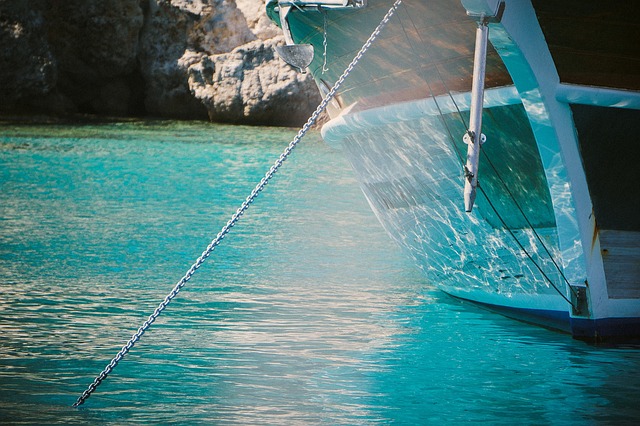
Choosing an anchor for your boat can be a confusing task.
Choosing an anchor for your boat can be a confusing task. There are a variety of models on the market, each with its own features and advantages. Anchors are essential for all boating activities and vital for any experienced or amateur boater. If you are new to marine vessels, finding the right anchor for your boat can be challenging. Luckily, we have put together a guide to the basic types of anchors. Read on to learn more.
Claw Anchors
Claw anchors, also known as Bruce anchors, are among the more popular types of anchors among boaters. This anchor performs well in many sea floors, such as rock, mud, sand, and coral. However, it has more difficulty anchoring into harder surfaces like clay and dense grass. Its three-claw design allows it to set and reset easier than other anchors. On the other hand, it has a lower holding power per pound than other anchors. Meaning it works best on lighter vessels.
Fluke Anchors
Fluke anchors have two hinged spades angled apart at precisely 32 degrees. This type of anchor is designed to dig into sandy or muddy areas. So, it is a good choice if you live in the southern United States or anywhere with muddy swamps or rivers. Flukes are a top-rated anchor among boaters because the hinged spades fold in to make storage easier. However, fluke anchors only perform well in rocks or sand, so it is not recommended to use on grassy sea floors.
Mushroom Anchors
These anchors get their name from their upside-down mushroom cap shape. Mushroom anchors work best on smaller fishing vessels and powerboats. The shape of the anchor allows silt and other seabed materials to collect on the cap, making it heavier over time. It is best to go with a vinyl-coated mushroom anchor. The vinyl coating adds a soft, protective layer that won’t damage your boat’s hull when dropping it in the water.
Plow Anchor
With a plow-shaped fluke that pivots on the shank, this anchor works best in coastal waters and areas where boats tend to move around, and stronger tides change the direction of the boat’s pull. The plow anchor is comparable to the fluke anchor because of its similar shape and the fact that it works best in sandy or muddy areas.
No matter what type of anchor you choose for your boat, we here at Marine Electric Systems can help with all your maritime needs. Contact us today to learn more!
Marine Electric Systems, LLC is a Leader In the Maritime Industry
We here at Marine Electric Systems have over 30 years of industry experience. You can trust our team for reliable service and expert craftsmanship in the Maryland, Baltimore, Annapolis, and Baltimore city areas! We’re highly certified and adhere to all ABYC and NMEA regulations. We specialize in top-notch electrical solutions for recreational, commercial, and government boating clients. Anything from electrical refits, to navigation systems, or boating maintenance. To stay up to date on our services, follow us on Facebook, LinkedIn, Pinterest, Instagram, and YouTube. You can also contact us at 410-263-0807.
